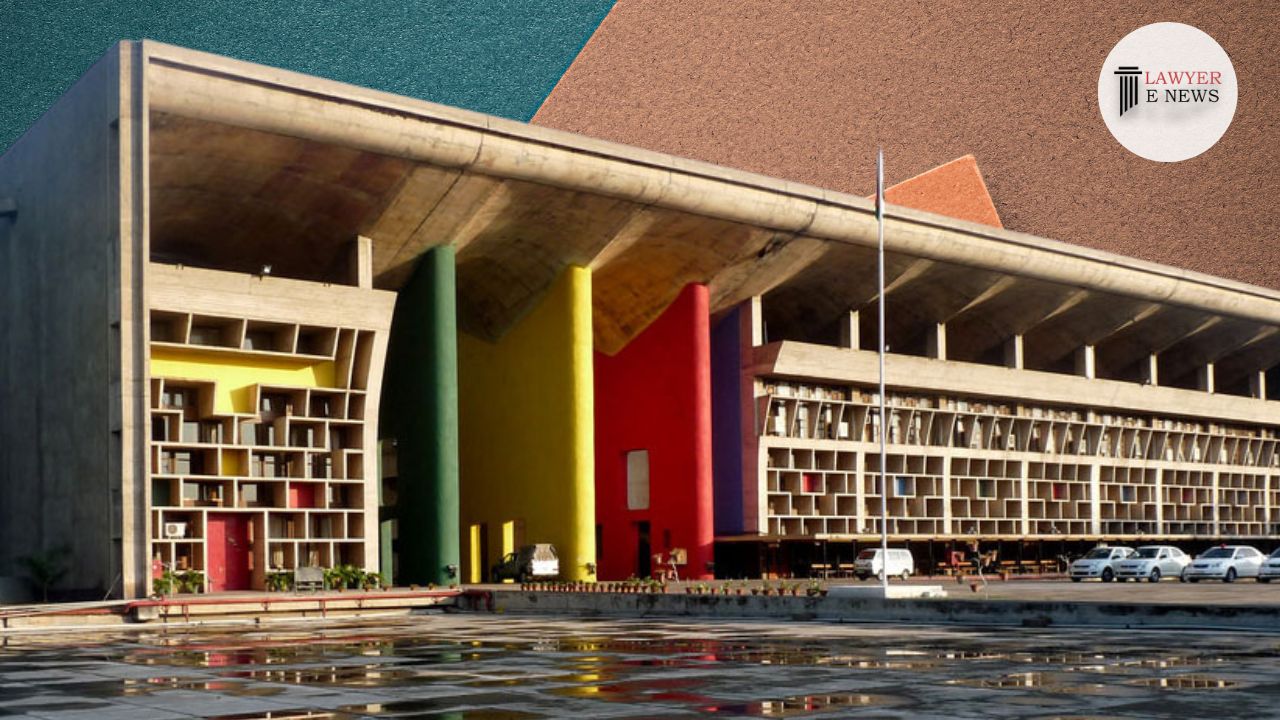-
by Admin
05 December 2025 4:19 PM



In a significant judgment, the Punjab and Haryana High Court clarified the application of ad valorem court fees in maintenance cases filed before Family Courts. The court, in a decision pronounced on October 31, 2023, ruled that ad valorem court fees are not applicable in such cases.
The judgment came in response to a revision petition filed under Article 227 of the Constitution of India, challenging two orders of the Family Court. The first order, dated November 4, 2019, directed the petitioners to pay ad valorem court fees in a maintenance petition. The second order, dated February 3, 2020, dismissed the application seeking the recall of the first order.
The crux of the matter revolved around whether plaintiffs are liable to pay ad valorem court fees on suits pending before Family Courts or if the proceedings initiated before Family Courts for maintenance should be considered petitions or suits.
The court's ruling drew attention to the nature of proceedings in Family Courts. It referred to the precedent set in the case of Balwinder Singh Versus Sinderpal Kaur and another, 2019(4) R.C.R. (Civil) 720, which held that proceedings initiated before the Family Court for maintenance are petitions and not suits. Consequently, ad valorem court fees are not payable in such cases.
In the judgment, Justice Gurbir Singh stated, "The entire purpose of setting up Family Courts will be frustrated if proceedings in matrimonial disputes are treated as suits, and ad valorem court fees are imposed. This would make justice inaccessible to many litigants in distress, destroying the very object of setting up Family Courts."
The court emphasized that Family Courts are designed to simplify rules and procedures to deal effectively with disputes in matrimonial matters, bringing relief to women and children who have been abandoned by their husbands and fathers.
Consequently, the impugned orders dated November 4, 2019, and February 3, 2020, passed by the Family Court, Ludhiana, were set aside, and the petitioners were declared not liable to pay ad valorem court fees on the suit filed before the Family Court.
This ruling serves as a significant clarification on the application of court fees in maintenance cases within the jurisdiction of Family Courts and aims to provide easier access to justice for those in need.
Date of Decision: 31 October 2023
Sucheta Garg and others VS Vineet Garg and others
